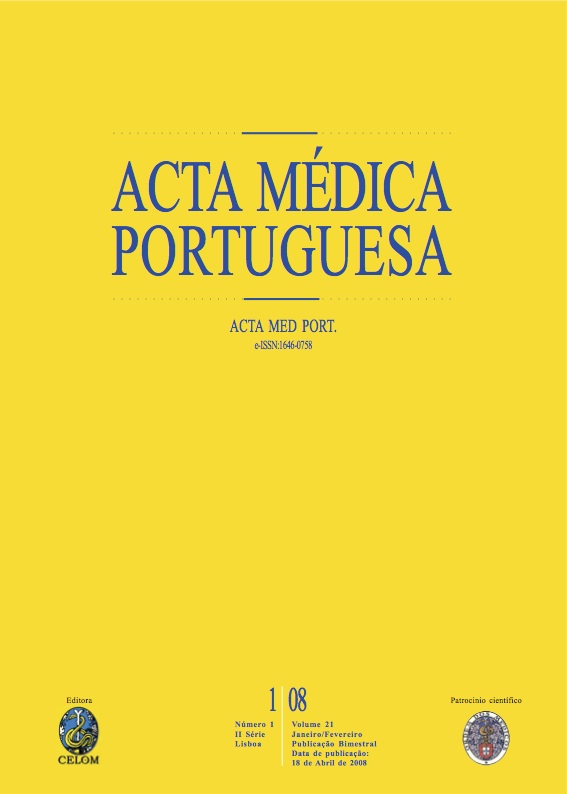Ethical and legal issues in late stage of dementia.
DOI:
https://doi.org/10.20344/amp.761Abstract
As we enter the 21st century, growth of the elderly population, the costs of care, and the advances of medical science and technology will continue to have an impact on the patient-physician relationship. Transformation of the health care system will also raise ethical issues inherent to changing roles. The special nature of Alzheimer's patients and the natural course of their disease require special care on the part of physicians to meet the ethical challenges and establish medical goals, in conjunction with their patients and their families. In spite of these rapid advances in biomedical sciences, were not sufficiently developed in the most fitness answers, regarding special moral and ethical attitudes, which must be taken into account, in particular when we try to understand the experience of people with dementia. This article explores emerging issues in relation to awareness in dementia and its impact on legal and ethical matters. The different approaches and principles demonstrated in relation to ethical issues are discussed, with an exploration of the concepts of mental capacity, testamentary capacity, power of attorney, court of protection, advance directives, decision making, participation in research and treatment, informed consent and older people driving. The tensions that exist between the imperatives of doing no harm and of maintaining autonomy in addressing legal and ethical issues are highlighted. The review emphasizes the importance of considering competency and awareness as being multi-faceted, to be understood in the context of social interaction, trying to deal with the challenge of protecting, but not overprotecting, people with dementia. Late stage of dementia is a terminal disease where the goal of the care may not be prolongation of life at all costs, but rather achievement: quality of life, dignity and comfort. In the initial late dementia, quality of life is the target, treating medical problems and psychiatric symptoms. The dignity of people with severe dementia will be preserved, mostly when this influences patient's behaviour, maximizing individual Independence in daily living activities. Finally, comfort is the last and the most important goal of care in late stages of dementia, using appropriate medical strategies and eliminating aggressive interventions (cardiopulmonary resuscitation, acute care setting, tube feeding and antibiotic treatment). The future work will focus on promoting more evidence-based decision-making on treatment and guidelines for prognostic information. Physician must be knowledgeable about broadly intersecting medical, legal, finance and ethics, underlying the long-term management of dementia.Downloads
Downloads
How to Cite
Issue
Section
License
All the articles published in the AMP are open access and comply with the requirements of funding agencies or academic institutions. The AMP is governed by the terms of the Creative Commons ‘Attribution – Non-Commercial Use - (CC-BY-NC)’ license, regarding the use by third parties.
It is the author’s responsibility to obtain approval for the reproduction of figures, tables, etc. from other publications.
Upon acceptance of an article for publication, the authors will be asked to complete the ICMJE “Copyright Liability and Copyright Sharing Statement “(http://www.actamedicaportuguesa.com/info/AMP-NormasPublicacao.pdf) and the “Declaration of Potential Conflicts of Interest” (http:// www.icmje.org/conflicts-of-interest). An e-mail will be sent to the corresponding author to acknowledge receipt of the manuscript.
After publication, the authors are authorised to make their articles available in repositories of their institutions of origin, as long as they always mention where they were published and according to the Creative Commons license.









